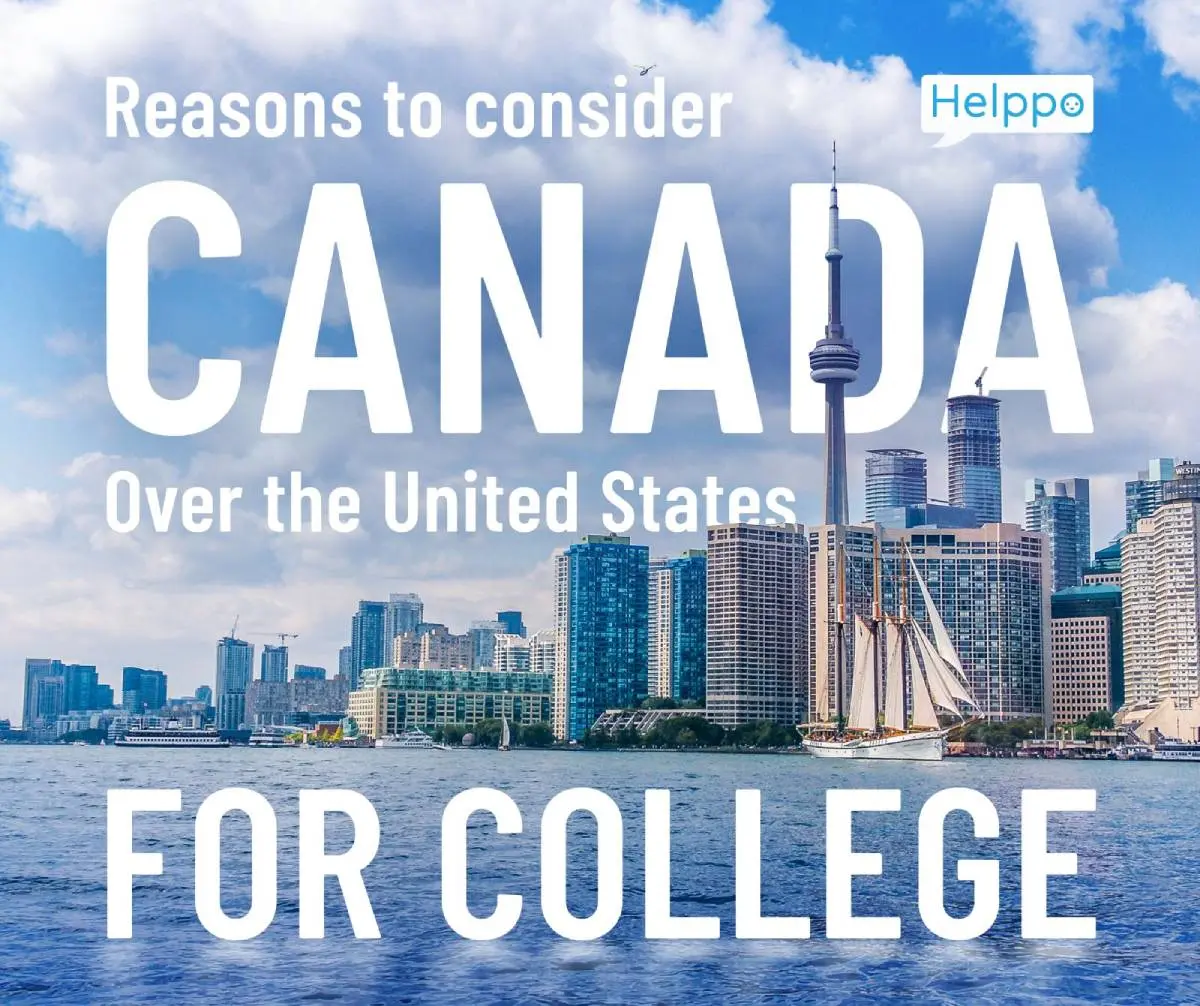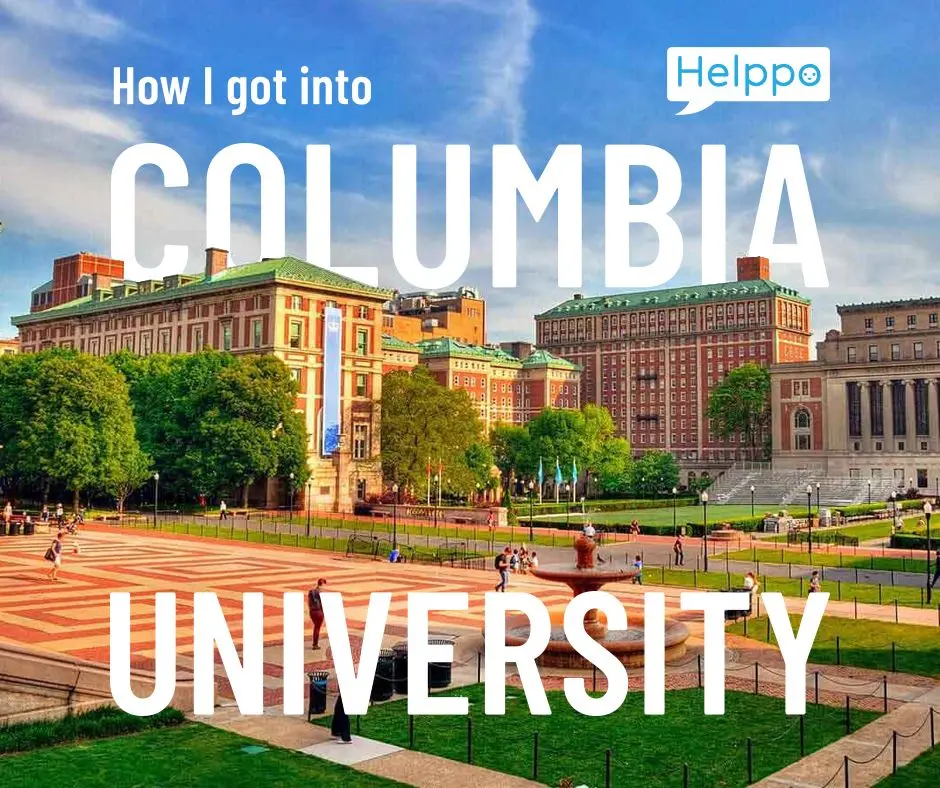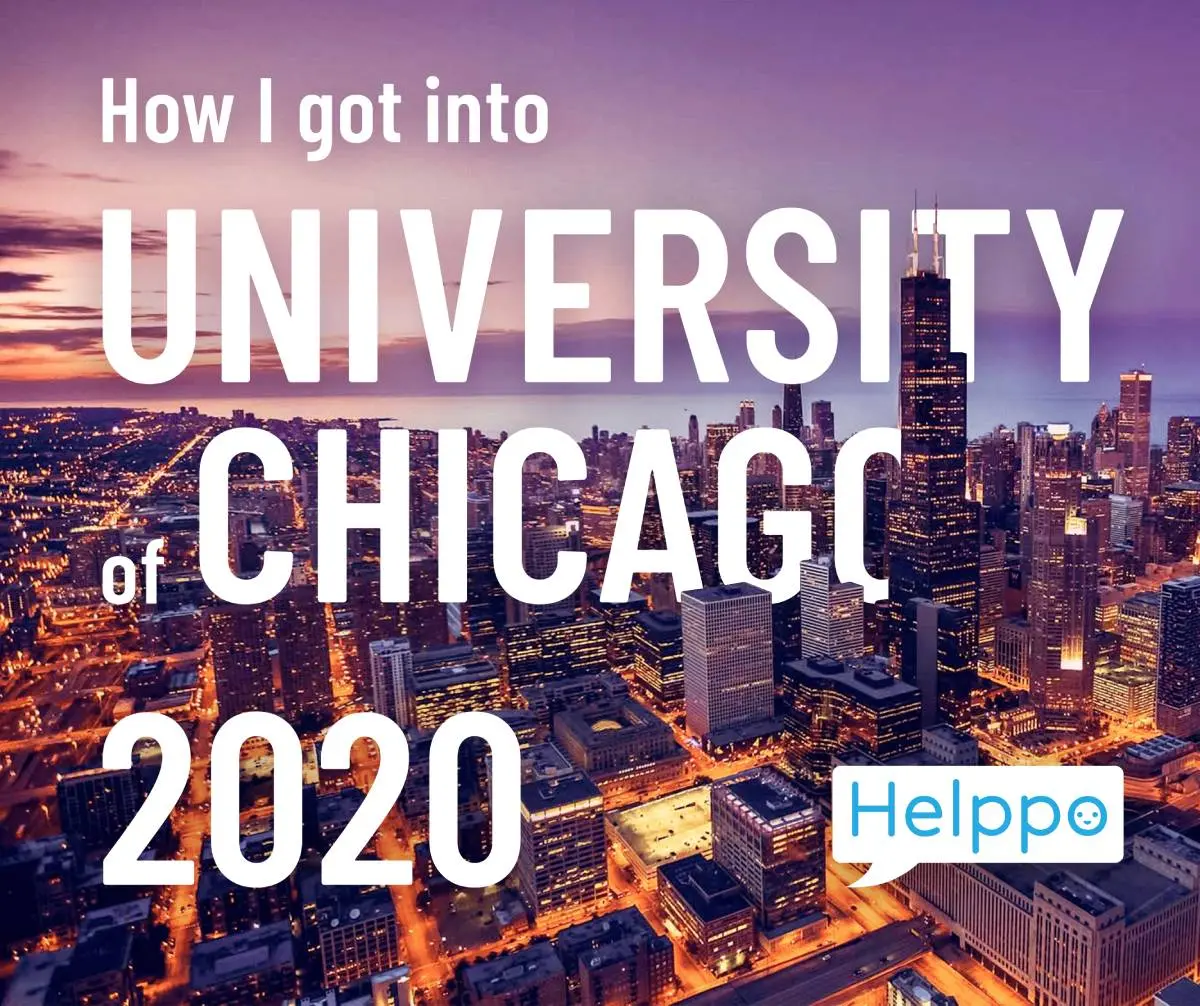Some Reasons to Consider Canada Over the United States for College
PUBLISHED FRI, OCT 31 2020
Our post Think Canada for College! discusses why moving to Canada can be financially smarter and more practical for students and young professionals than moving to the United States. Some reasons include the lower cost of Canadian universities and new paths to permanent residency that Canada now offers students and educated young professionals from Hong Kong.

Another important reason is that green cards to live and work in the United States have become harder to obtain since Donald Trump became president in 2017. Although the splashiest news coverage has focused on his attempts to shut down illegal immigration from Mexico and Central America, most relevant to Hong Kong residents is the fact that Trump has also been closing most legal avenues to living in the United States—even for educated workers.
For years, the straightforward path to good US jobs for international students began with college in a STEM or other technical field. Once you completed a master’s or other advanced graduate degree, either at home or in the United States, you would have your pick of jobs at US-based companies, including Big Four accounting firms and Silicon Valley tech companies. Your employer would sponsor you through an H-1B visa reserved for skilled workers, and your path would be set. Successful applicants would receive a good American job and everything that came with it, including a chance at a green card . . . and beyond that a realistic shot at US citizenship.
For the current moment, this path is less certain. Starting in 2017, the United States issued fewer and fewer H-1B visas, with President Trump claiming that international workers took jobs from Americans. In April 2020, he banned the issuance of any H-1B visas—completely shutting down the pipeline that, for years, allowed skilled workers to arrive legally. The new president, Joseph Biden, has pledged to resume the H-1B visa when he enters office in January 2021, but he may not prevail, because he will inherit a largely pro-Trump Congress that is likely to be hostile to efforts to enable foreign workers into the country.
Because of this US uncertainty (at least for the moment), applying to Canadian universities and employers is definitely worth considering, especially if you have not been offered admission to a Top 30 university in the United States. For students and young professionals from Hong Kong, it is much easier to become a Canadian citizen than an American one. In particular, Hong Kong students with Canadian degrees (either undergrad or grad) can immediately apply for permanent residency in Canada upon graduation.
The first path is aimed at students from Hong Kong who have graduated from university in Canada—and that can be you! This pathway applies to students who have obtained either their undergraduate or graduate degree in Canada. You can apply directly as soon as you complete your degree.
This means that Hong Kong high school graduates who are accepted into Canadian colleges can be eligible for permanent residency within a few years. Furthermore, a Canadian college degree greatly improves your chances of getting a Canadian job. And if you apply to Canadian graduate schools after undergrad, you are likely to qualify for cheaper domestic tuition.
For Hong Kong professionals with a college degree (either undergrad or grad, earned in the last five years in Canada or elsewhere), as long as you have one year of work experience in Canada, you can also apply for permanent residency. (Some educational and language criteria apply.)
By the way, if you do get into a top US college or university, and you can afford the tuition, it is still worth going. The prestige of an Ivy League or Stanford degree is likely to open many doors for you. But don’t discount Canada, with its many fine universities, generally cheaper college tuition, and lower barriers to living there—especially for Hong Kong residents. The college and professional routes through Canada are absolutely worth considering. Canada offers a world-class standard of living, with far fewer hurdles to jump over to reach it.





